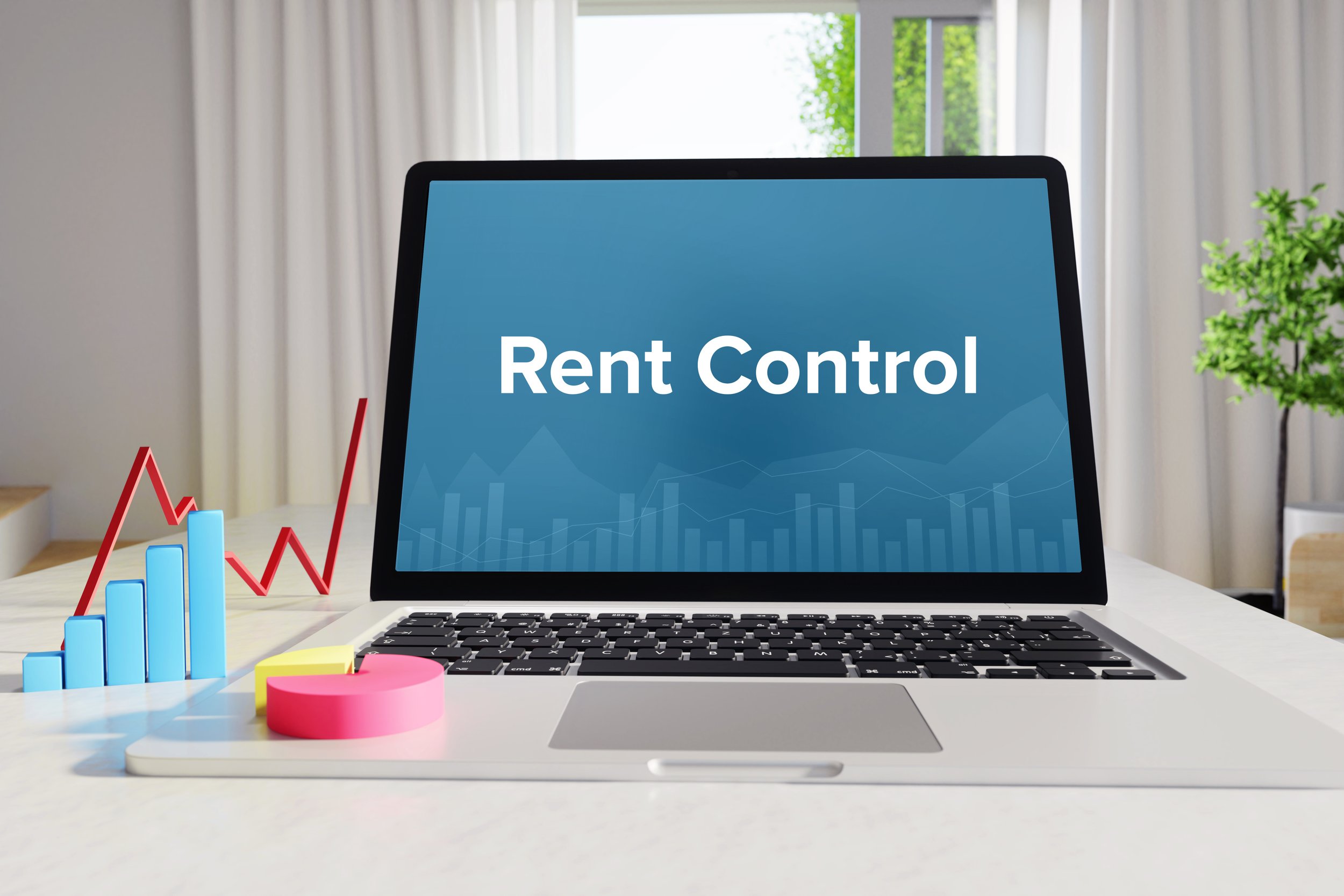
The Importance of Making Reasonable Adjustments for Adult Learners with Dyslexia and Learning Needs
In today’s fast-paced, knowledge-driven world, lifelong learning is more critical than ever. For adult learners, continuing education can be a pathway to career progression, personal growth, and increased confidence. However, for those with dyslexia and other learning needs, traditional educational environments can present significant challenges. Ensuring these learners have the support they need through reasonable adjustments is not only a matter of equality but also a legal and moral imperative.
Understanding Dyslexia and Learning Needs in Adults
Dyslexia is a neurodiverse condition that affects reading, writing, and spelling abilities. While it is most commonly diagnosed in childhood, many adults are undiagnosed or may have developed coping strategies that mask the extent of their challenges. Dyslexia is not indicative of low intelligence; many individuals with dyslexia are highly creative and capable, but find their own ways of adapting to the way they learn.
Learning needs, in a broader sense, encompass a range of conditions that affect how individuals process information. These can include Attention Deficit Hyperactivity Disorder (ADHD), dyscalculia (difficulty with maths), and other cognitive processing disorders. For adults, these conditions can significantly impact their ability to engage with educational content in conventional and traditional ways.

Case Law & Prescribed Information
Siddeeq v Alaian. K00BF465 County Court at Mayor’s and City of London County Court. HHJ Hellman. 9 August 2024 (unreported).
A County Court Circuit Judge appeal from a possession claim at Brentford County Court, on the validity of a section 21 notice due to arguments over the deposit prescribed information. The key question was whether information given by the landlord could be ‘prescribed information’ in relation to the deposit if it was given to the tenant before the deposit was paid.
The tenancy agreement on this AST was signed on 12 November 2021. The tenancy agreement, as is common, had a section setting out various items of the ‘tenancy deposit prescribed information’ and stated the deposit value. The end statement of the agreement said that the signature was the landlord’s certification of the information, and the tenant’s confirmation of its accuracy to the best of their knowledge. A Mydeposits scheme leaflet was provided with the tenancy agreement.
The deposit was paid by the tenant on 13 November 2021. The deposit was protected on about 19 November 2021 and the deposit protection certificate provided to the tenant, although not signed by either.
So the only signature as to the accuracy of the prescribed information where those of the landlord and the tenant on the tenancy agreement, signed before the deposit was paid.
The landlord served a section 21 notice on 3 November 2022 and a possession claim via the accelerated procedure issued on 24 April 2023. A defence was served. At first instance trial the District Judge held that the prescribed information could be given before the deposit was paid. The tenant sought permission to appeal, which was granted by HHJ Luba KC.

Reporting around Rent Controls
Ministry of Housing, Communities & Local Government (MHCLG) in the Media is run by the Press Office.
It has been reported in the media that the Government is planning to give the Mayor of London powers to impose rent controls.
This is not true. Fixing Britain’s housing crisis is one of our top priorities, and giving struggling renters more rights and security is an important issue for this Government, but there have been no conversations with the Mayor of London about introducing rent controls.
In the King’s Speech, the Prime Minister announced our Renters’ Rights Bill, that will put an end to rental bidding wars. This will stop renters being pitted against each other and forced to pay more than the original asking price of the property when trying to secure a home.

The Implied Covenant for Quiet Enjoyment and How it Impacts Tenancies
Under common law, there is an implied obligation on a landlord to give the tenant “quiet enjoyment” of the property. This means that the tenant will have possession of the property without interference or interruption from the landlord or any landlord representative. This means that a tenant should be permitted to reside at the property without being disturbed, harassed or prevented from enjoying their home. It is for this reason that landlords are required to provide tenants with a minimum of 24 hours notice in writing should they wish to gain access to the property.
Landlords are often presented with obstacles when trying to gain access for reasons that will assist the landlord to maintain and repair the property. Under the Landlord & Tenant Act 1985, tenants are required to grant access in order to allow the landlord to inspect the property or carry out repairs, again without disturbing the tenant’s quiet enjoyment of the property.
